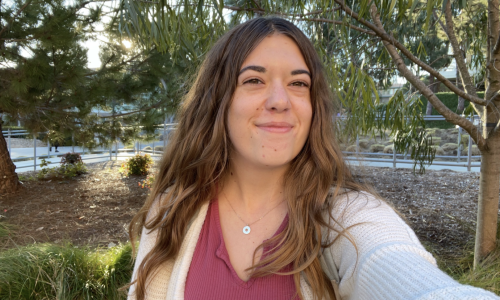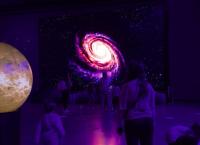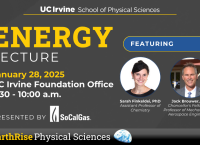Upcoming and Recent Events
Physical Sciences Pre-festival Reception: 11:00 am - 2:00 pm
$10 tickets | Children under 12 free
As Interim Dean, I am deeply honored to lead the UC Irvine School of Physical Sciences during these challenging times for science and education. From climate change to quantum computing, from catalysis to algebraic geometry, our school performs world-class research, led by our internationally renowned professors. Participation in this research educates and informs our students, who graduate not only with technical expertise, but also with the curiosity and drive needed to shape a better future for the world. Our alumni lead global companies, advance clean energy solutions, develop life-saving treatments, and shape science policy. Many are also in classrooms around the world, inspiring and educating the next generation of scientists and innovators.
The UCI School of Physical Sciences advances humanity through a deeper understanding of the physical science that governs the world. Our flagship projects not only directly address some of today’s most fundamental and existential problems, but also strive for their impactful applied solutions.
We are dedicated to developing scalable solutions for the problem of climate change. We are home to the the nation’s first Department of Earth System Science, established to quantify changes to our environment and discover ways we can adapt.
The most exciting frontiers of scientific understanding lie at opposite extremes of size: the microscopic realm of quantum mechanics and macroscopic realm of the galaxy and the universe itself.
Mathematics, physics, and chemistry provide invaluable 21st-century biomedical tools that allow us to comprehend biology at the most fundamental level and to treat disease with new technologies and a deeper physical understanding than ever before.
The next technological revolution will be driven by quantum science. Our ability to process information, design drugs, transport energy, and invent new materials will be transformed as we increase our understanding of the quantum world.
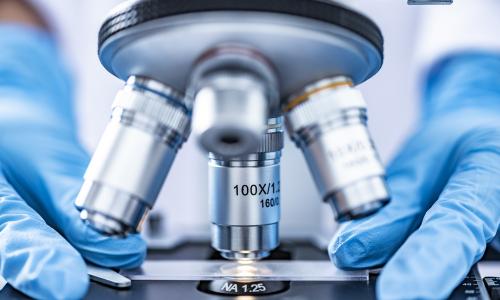
The UCI Department of Chemistry is ranked among the best in the nation. From synthesizing natural products and new nano-materials to discovering molecular mechanisms that regulate the decoding of genetic information, UCI chemists lead cutting-edge research to solve health and environmental problems facing our planet.

The UCI Department of Earth System Science (ESS) was the first in the nation established to quantify changes to our environment and discover ways we can adapt. Research in ESS focuses on how the atmosphere, land and oceans interact as a system and how the Earth will change over a human lifetime.
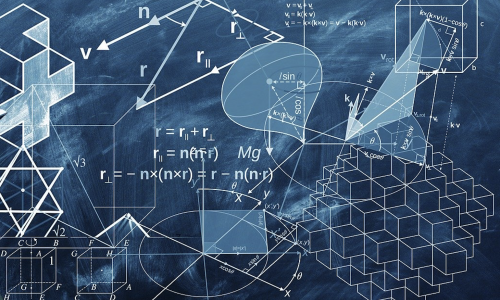
The UCI Department of Mathematics is home to prominent scholars engaged in teaching, fundamental research, and service to the local community with outreach efforts to foster success in STEM disciplines. The department is a leader in cutting-edge research in pure and applied mathematics.
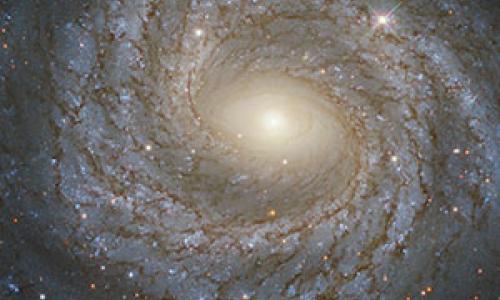
The UCI Department of Physics & Astronomy has a tradition of excellence and is home to world-renowned physicists. Research in the department aims to decipher the makeup of the universe as a whole, to understand the behavior of quantum materials, and to build novel approaches to medical imaging.
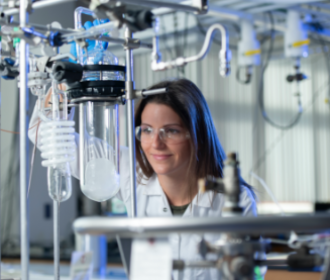
Best college in the U.S. — MONEY Magazine
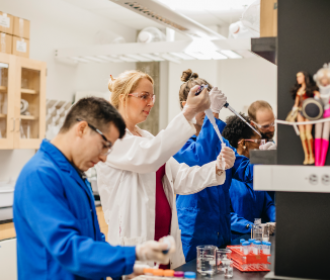
University in the nation doing the most for the American dream – The New York Times
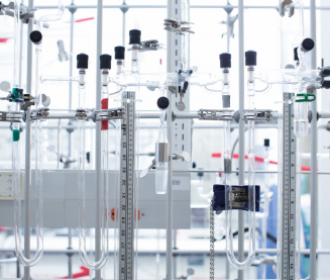
Departments under UCI Physical Sciences — Chemistry, Earth System Science, Mathematics, Physics & Astronomy
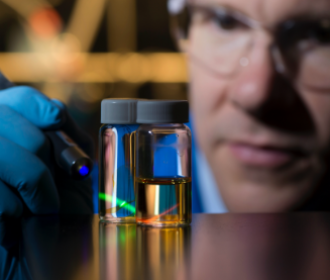
Faculty members part of UCI Physical Sciences
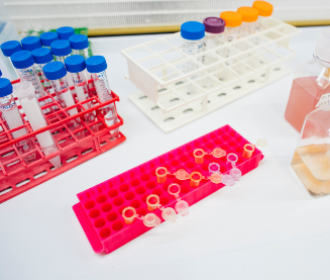
Students in UCI Physical Sciences
The Campaign for UCI
The School of Physical Sciences plays a vital role in Brilliant Future: the campaign for UCI. We seek a historic philanthropic commitment – a school naming gift. Funding of this magnitude will empower the school to elevate its strong academics and research to elite levels of excellence. A naming gift would ensure that we are able to grow our flagship projects, hire the most dynamic and modern faculty to support our students and research growth, provide premier research facilities, attract and support the best students, and deliver comprehensive innovation through intellectual property protection and commercialization. A naming gift would honor the intrepid spirit and interdisciplinary innovation at the heart of our school. Additionally, the impact of a naming gift for Physical Sciences at UCI will have the ability to completely transform our school. Our 50+ years of precedence has established a prestigious level of scientific tradition while allowing great flexibility in shaping future outcomes for our school.
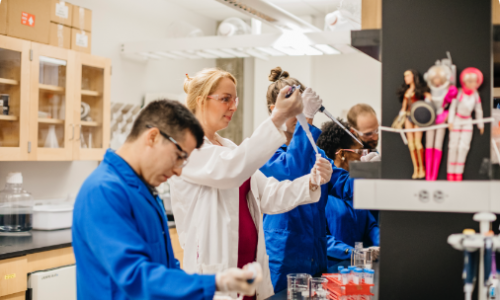
They chart the farthest corners of the cosmos, and they solve problems right here on Earth, making our faculty truly universal.

Our students bring dynamic ideas, and form the bedrock of our bustling culture of research and discovery.

Each of our four top-ranked departments has a tradition of excellence and a vibrancy all its own.



